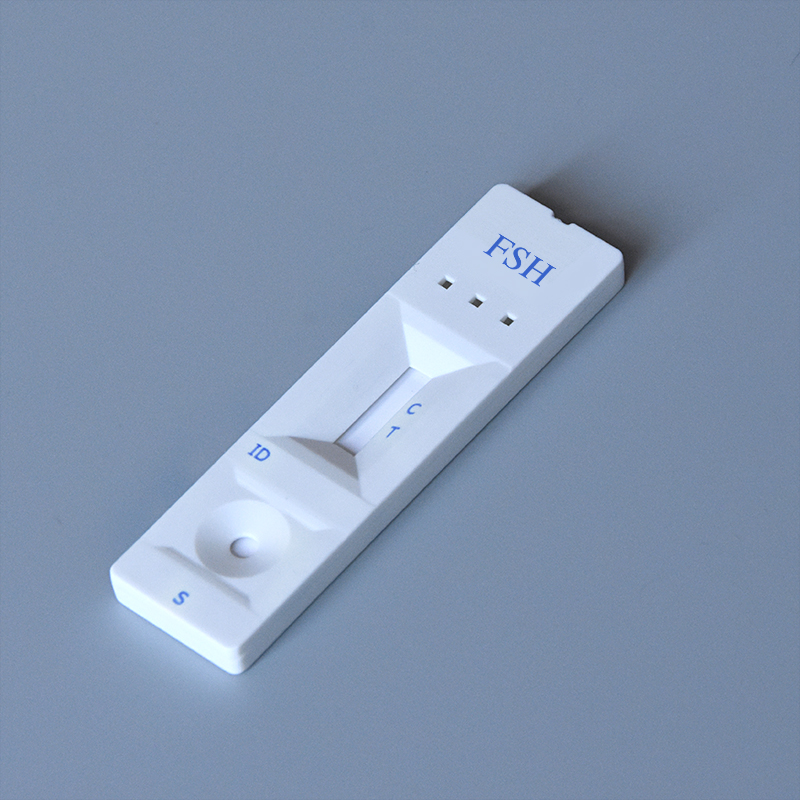ធ្នូ . 13, 2024 19:57 Back to list
malaria test kit
The Importance of Malaria Test Kits in Combating a Global Health Threat
Malaria remains one of the most significant public health challenges worldwide, particularly in tropical and subtropical regions. According to the World Health Organization (WHO), in 2020 alone, there were approximately 241 million cases of malaria globally, with an estimated 627,000 deaths. This devastating disease, caused by parasites transmitted through the bites of infected Anopheles mosquitoes, disproportionately affects vulnerable populations, particularly in sub-Saharan Africa. Among the critical tools in the fight against malaria is the malaria test kit, which plays an essential role in diagnosis, treatment, and overall disease management.
Early Diagnosis Saves Lives
Timely and accurate diagnosis of malaria is crucial for effective treatment. Traditional diagnostic methods, such as microscopy, require trained personnel and laboratory facilities, which can be limited in remote or resource-poor areas. This is where malaria test kits come into play. Rapid diagnostic tests (RDTs) have been developed to detect malaria-specific antigens or antibodies in a patient's blood sample. These kits are user-friendly, require minimal training, and can produce results within 15 to 30 minutes, allowing healthcare providers to make swift decisions regarding treatment.
The ability to quickly confirm or rule out malaria facilitates the prompt initiation of appropriate therapy, reducing the risk of severe disease and death. In areas burdened by endemic malaria, RDTs are particularly valuable in differentiating malaria from other febrile illnesses, ensuring that anti-malarial medications are administered only when necessary. This rapidity and accuracy can significantly save lives, especially among children, who are more susceptible to malaria's severe forms.
Enhancing Surveillance and Monitoring
Beyond individual diagnosis, malaria test kits play a vital role in surveillance and monitoring efforts. By providing data on malaria prevalence in specific regions, these kits contribute to understanding the disease's transmission dynamics. Public health officials can use this information to implement targeted interventions, allocate resources effectively, and track the impact of malaria control programs.
For example, the widespread use of RDTs in community health programs has enabled the detection of asymptomatic cases—individuals who harbor the malaria parasite without displaying symptoms. Identifying these cases is crucial for interrupting transmission chains and reducing the overall malaria burden.
malaria test kit

Overcoming Challenges in Access and Availability
Despite their advantages, challenges remain regarding the access and availability of malaria test kits, particularly in low-income settings. Ensuring a consistent supply of high-quality kits is vital to maintain effective malaria control efforts. Counterfeit or substandard kits can not only yield inaccurate results but also undermine public trust in malaria diagnosis and treatment.
To address these challenges, partnerships between governments, international organizations, and the private sector are essential. Initiatives to improve supply chain management, enhance regulatory frameworks, and promote local manufacturing of test kits can significantly improve access and reduce costs. Furthermore, continuous training of healthcare workers is necessary to ensure the effective use of these diagnostic tools within health systems.
Future Innovations
The future of malaria test kits is promising, with ongoing research and technological advancements aimed at improving their efficacy. Innovations such as multiplex RDTs, which can detect multiple infections simultaneously, and molecular diagnostic tools that use techniques like polymerase chain reaction (PCR) to identify malaria DNA, are under development. These advancements could revolutionize malaria diagnosis, paving the way for more comprehensive health interventions.
Conclusion
Malaria test kits are a cornerstone in the fight against malaria, providing rapid and reliable diagnostic solutions that save lives and inform public health strategies. As the global health community continues to strive towards malaria elimination, enhancing the availability and effectiveness of these diagnostic tools will be imperative. By focusing on early diagnosis and innovative solutions, we can work towards a future where malaria is no longer a threat to health and well-being, paving the way for healthier communities worldwide.
-
Dengue NS1 Rapid Diagnostic Test Kit
NewsMar.07,2025
-
Dengue NS1 Rapid Diagnostic Test Kit
NewsMar.07,2025
-
Dengue NS1 Rapid Diagnostic Test Kit
NewsMar.07,2025
-
Transferrin Rapid Test Cassette Tumor Marker TF Card
NewsMar.07,2025
-
Malaria Pf Pan Rapid Diagnostic Test Kit
NewsMar.07,2025
-
malaria pf / pan ag rapid test
NewsMar.07,2025

